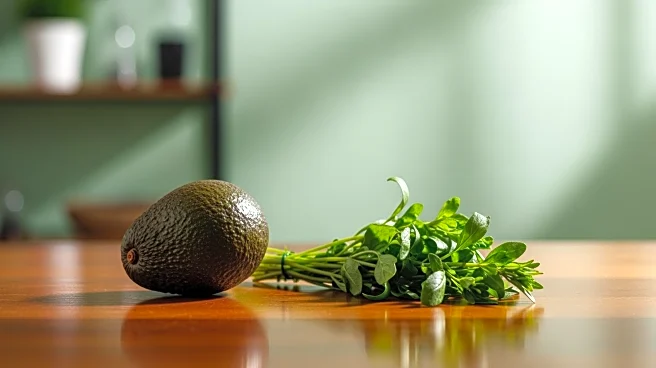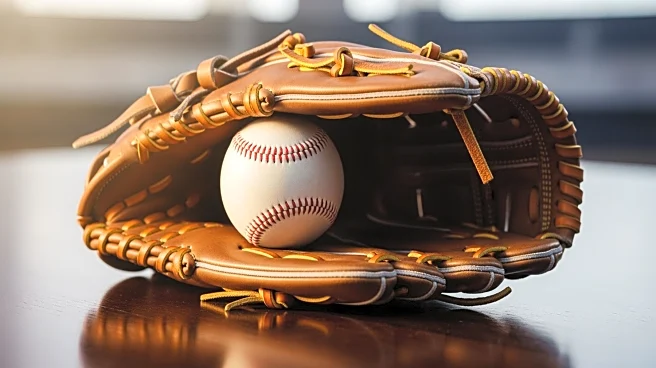Rapid Read • 8 min read
Former UFC bantamweight champion Julianna Peña recently opened up about her loss to Kayla Harrison at UFC 316, revealing that she entered the fight with significant health issues. Peña, who was defeated by Harrison via submission in the second round, shared that she was dealing with multiple injuries during her training camp. These included a broken thumb and a torn elbow, which severely impacted her ability to compete effectively. Despite these challenges, Peña chose to fight, citing her commitment to her team and family. She expressed no regrets about competing but wished for better circumstances.
AD
Peña's revelation highlights the physical and mental challenges faced by professional fighters, particularly when competing at the highest levels of MMA. Her decision to fight despite injuries underscores the pressure athletes often feel to perform, which can lead to long-term health consequences. This situation also raises questions about the role of coaches and medical staff in ensuring fighter safety. The outcome of the fight impacts Peña's career trajectory and the dynamics within the women's bantamweight division, as Harrison's victory positions her as a dominant force.
Peña is expected to undergo surgeries to address her injuries, with hopes of returning to the Octagon by the end of the year. Meanwhile, the bantamweight division is gearing up for a potential super fight between Kayla Harrison and Amanda Nunes. Peña has expressed interest in facing the winner of this bout, indicating her desire to reclaim the title. Her recovery and future matchups will be closely watched by fans and analysts, as they could significantly alter the competitive landscape of the division.
Peña's situation brings attention to the ethical considerations in combat sports, particularly regarding athlete welfare and the decision-making process around competing with injuries. It also highlights the cultural aspects of MMA, where fighters often prioritize toughness and resilience over health, potentially leading to detrimental effects. The long-term implications of Peña's injuries and her approach to recovery could influence how fighters and organizations address similar situations in the future.
AD
More Stories You Might Enjoy












